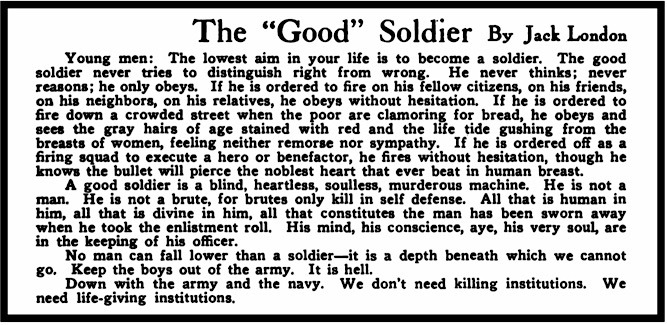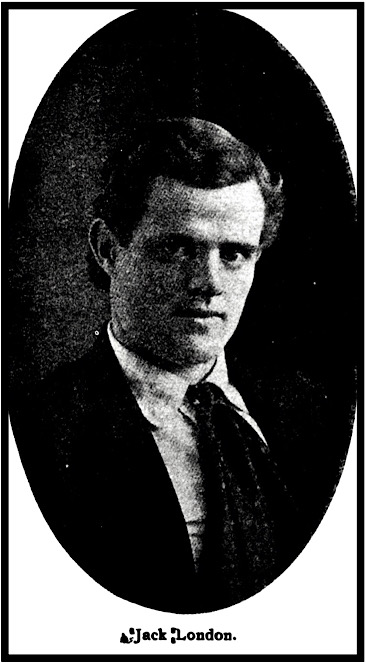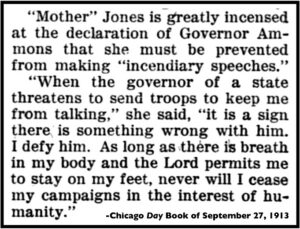 —————
—————
Hellraisers Journal – Tuesday October 7, 1913
Colorado Strike Zone – Policy Committee Issues Statement; Mother Jones Speaks
From the Trinidad Chronicle News of September 26, 1913:
In a general statement issued last night the district policy committee of United Mine of America composed of Frank J. Hayes, John McLennan, John H. Lawson and E. L. Doyle declared their position as follows:
We desire law and order above all things. We shall try to conduct this strike in such a way to command the respect of the public and civil authorities. A man who commits or talks violence as a means to win this strike is not properly representing the mine workers’ organisation.
We depend for success on the justice of our cause. We request the operators to warn their imported gunmen to respect the law and to cease their intimidation of union miners.
We have cautioned our people in this respect and we ask the operators to do likewise. Our responsibility in this matter is the same and we ought to meet it like men.
There is no occasion for the alleged purpose of protecting property. It is an evidence of weakness on the part of operators and is a reproach to all law abiding citizens. There is no need for the operators or their agents to ship hundreds of rifles into this region as they are doing at present for the purpose of intimidating peaceful lawsabiding people. We propose to the beet of our ability to protect life and property and to safeguard the liberties of our people by lawful means.
The strike is complete in every particular. The best in the history of our organisation, notwithstanding statements to the contrary, and the miners of Colorado will remain out of the mines until their rights are fully recognized.
At the scene of the Segundo tragedy [September 24th killing of C. F. I. “Marshal”]…Mother Jones [yesterday, September 25th] delivered another impassioned speech to miners, urging the men to remain on strike until the operators meet the full demands. No illusion was made to the killing of Marshal Lee…..
[Photograph and emphasis added.]
———-
From The Rocky Mountain News of September 27, 1913
Strikers congregated in front of the town hall, where more than 3,000 listened to “Mother” Jones and other strike sympathizers (“Mother” Jones in the center).
——

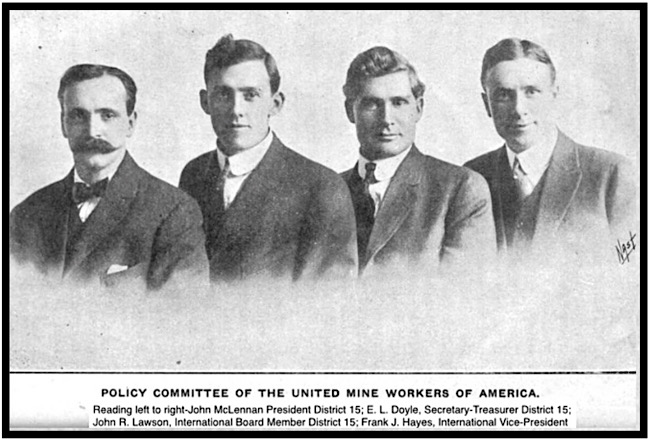

 —————
—————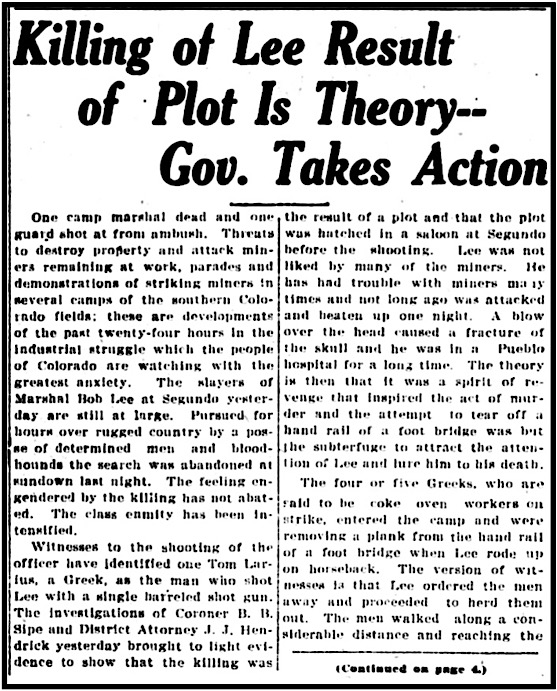
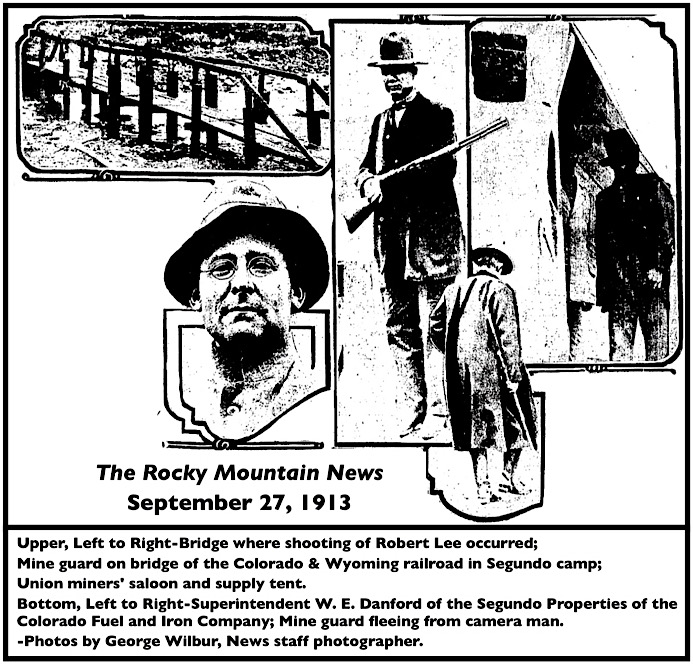
 —————
—————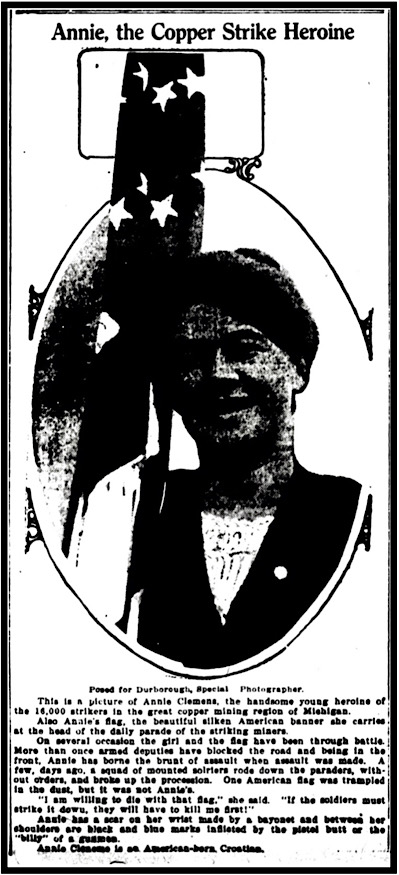
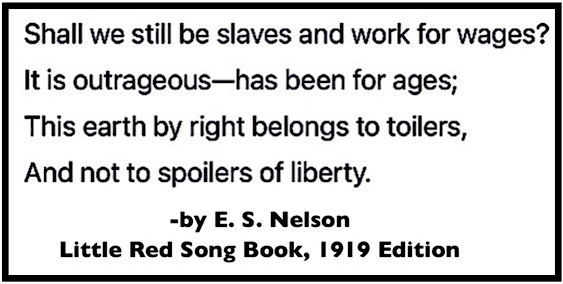 —————
————— —–
—–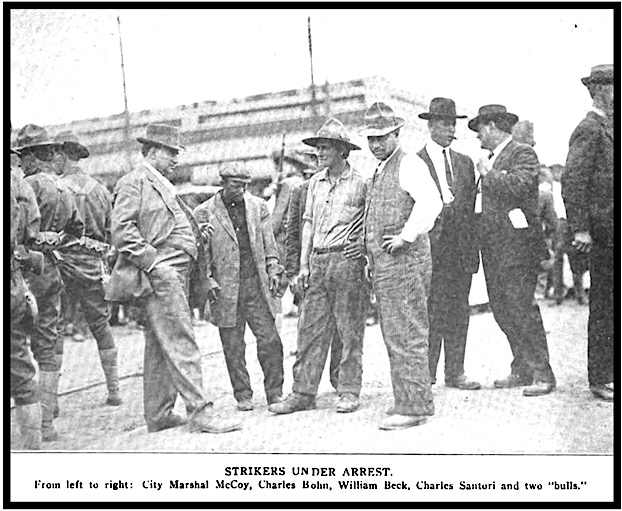
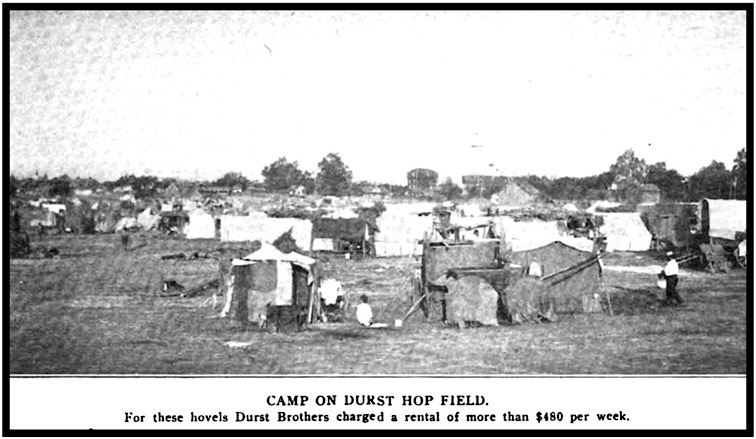
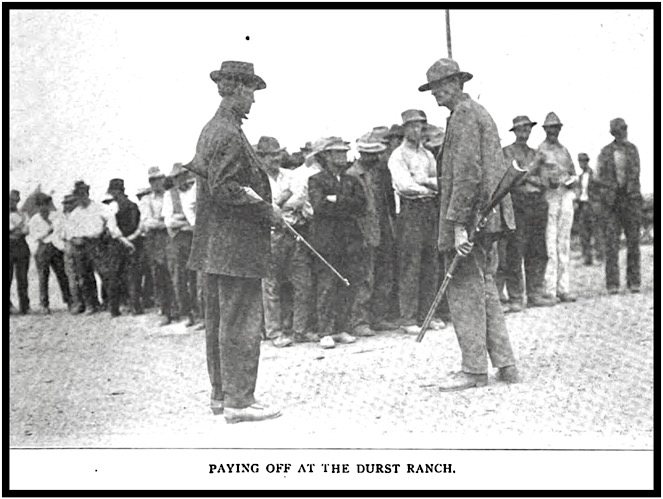
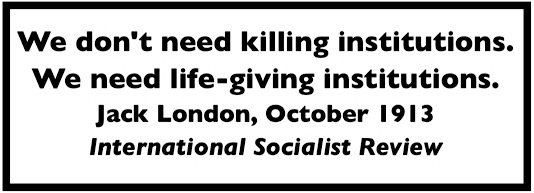 —————
—————